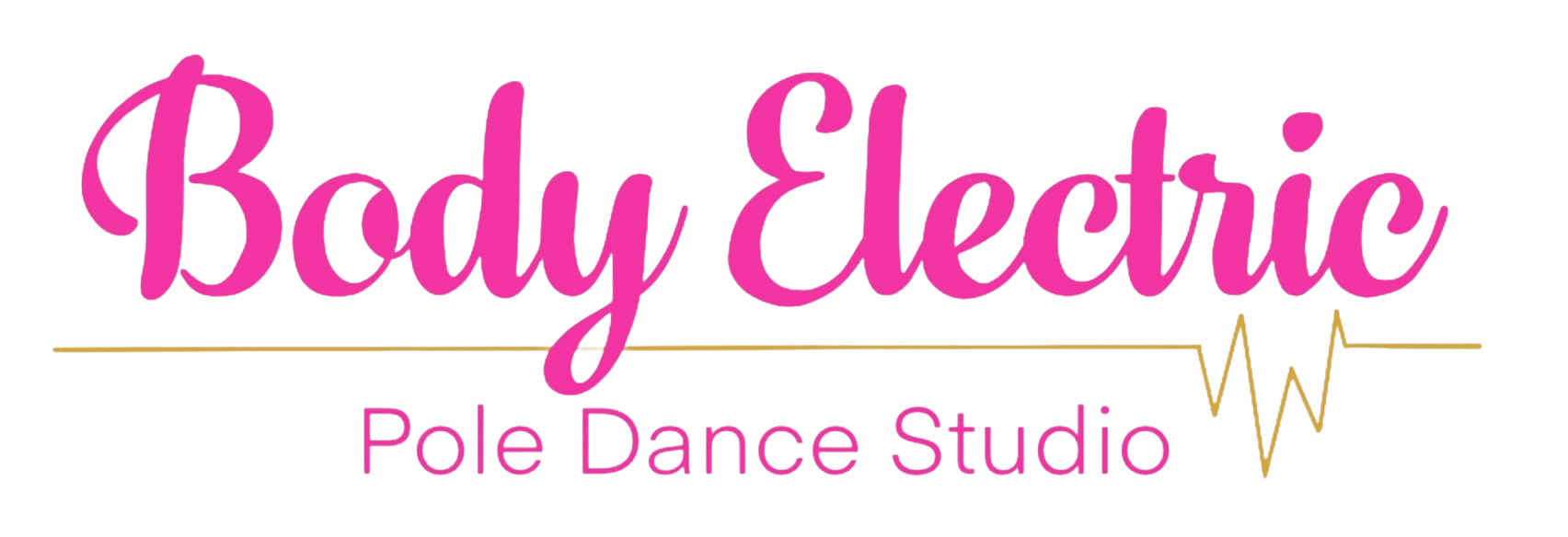At Body Electric we strive to encourage an atmosphere of ‘Body Positivity’ and/or ‘Body Neutrality.’
Entering a pole dance studio can be an intimidating and daunting experience for many. The pressure on all of us to fit dominant and narrowly defined health and fitness ideals can negatively impact on our ability to participate comfortably in all manner of social contexts. At Body Electric, we are keenly aware of how attitudes towards physicality can affect visitors to our studio. That is why we have chosen to explicitly encourage attitudes of ‘Body Positivity’ and ‘Body Neutrality’ in our studio environment, our classes and our community.
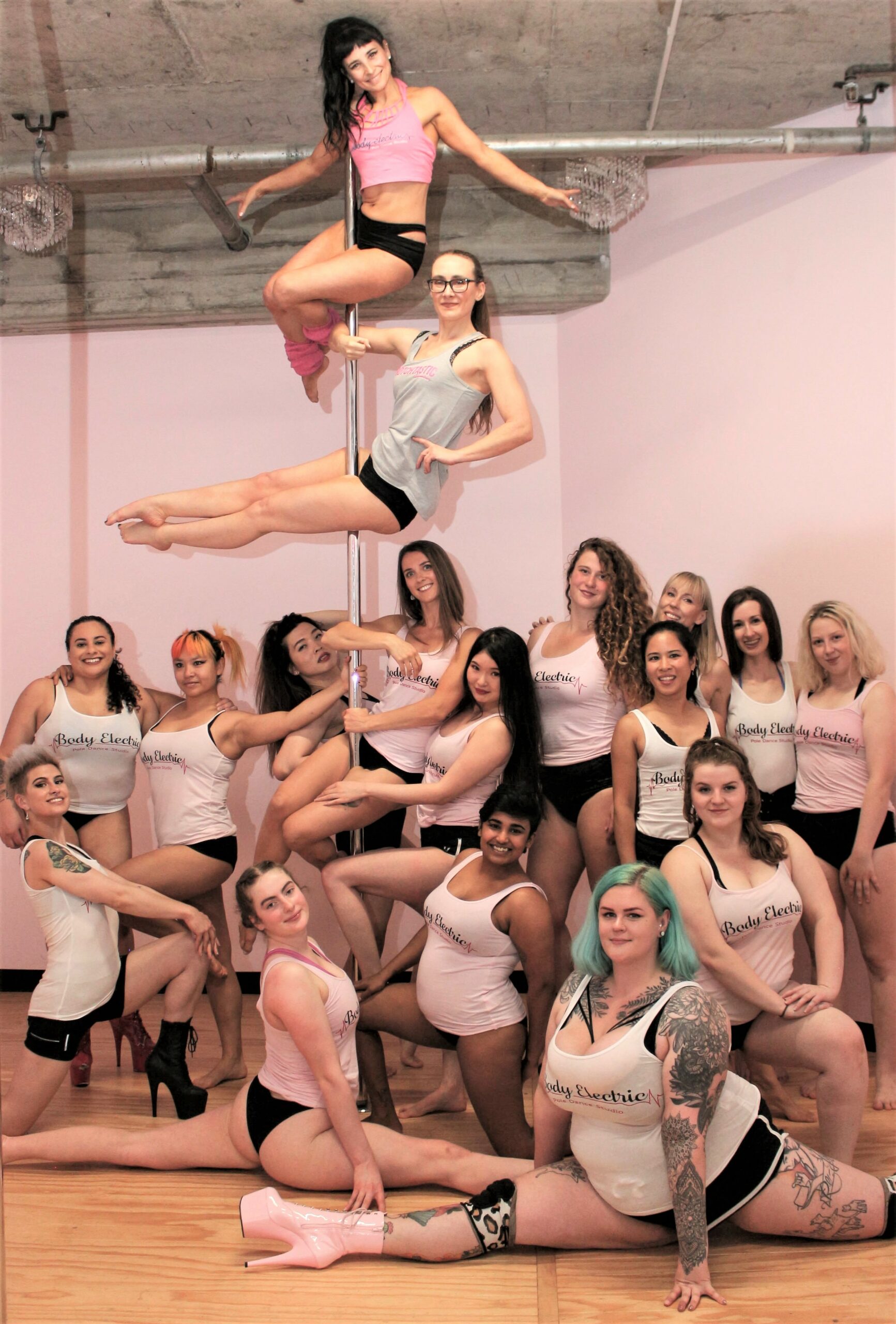
There are loads of articles online about the social movements of ‘Body Positivity’ and ‘Body Neutrality’ and the benefits they confer. These attitudes and approaches are not without controversy. But at Body Electric, we feel they are really worthwhile overall, and worth understanding and implementing.
Read on to find out more about each of them!
What is ‘Body Positivity?’
Body positivity is a social movement focused on the acceptance of all bodies, regardless of size, shape, skin tone, gender, and physical abilities.
Body positivity challenges and rejects present-day beauty standards as an undesirable social construct, and stands in opposition to the unrealistic and unattainable standards of appearance that are prominent on social media.
Instead, body positivity emphasises that ALL bodies are beautiful regardless of their appearance.
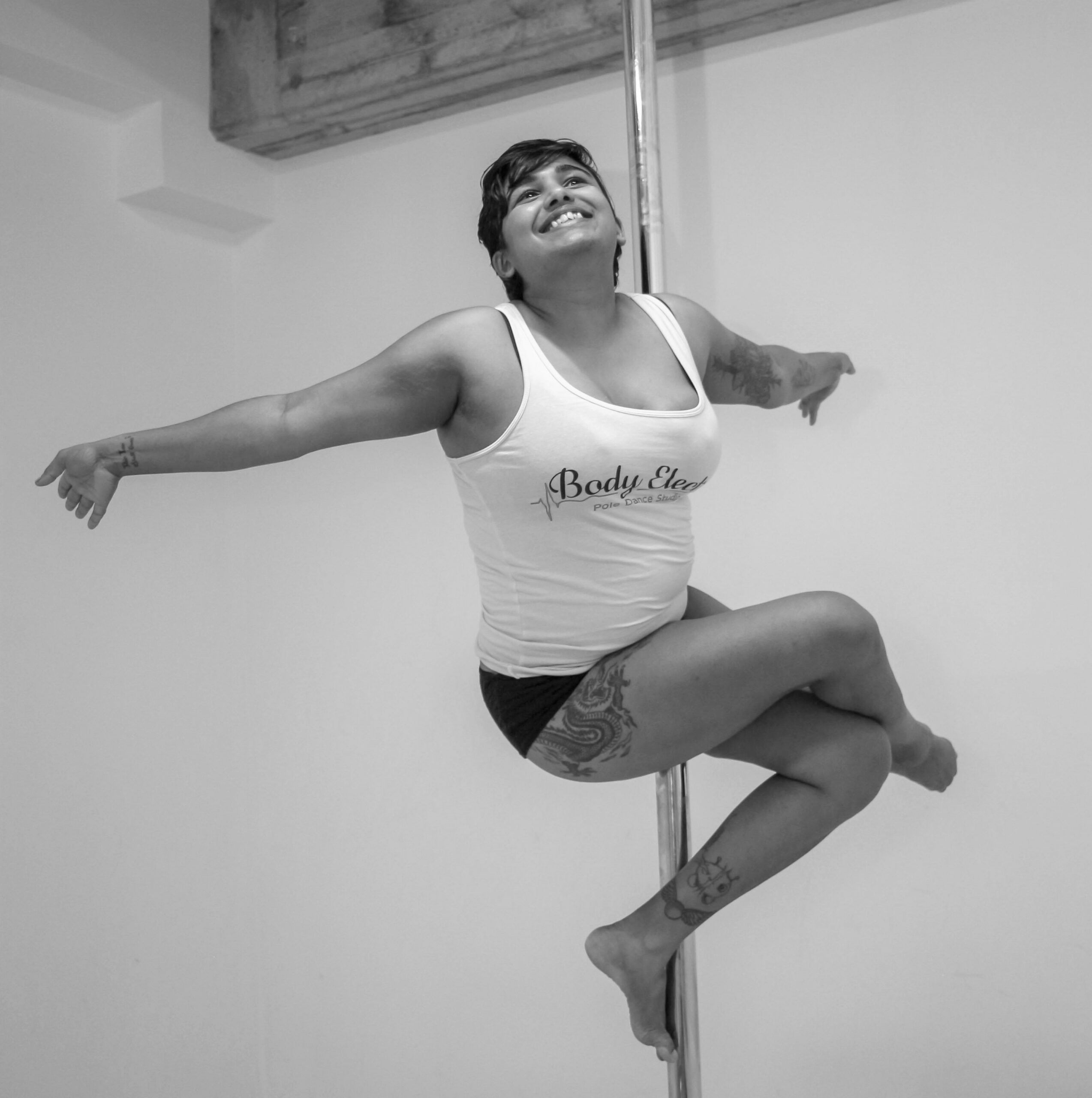
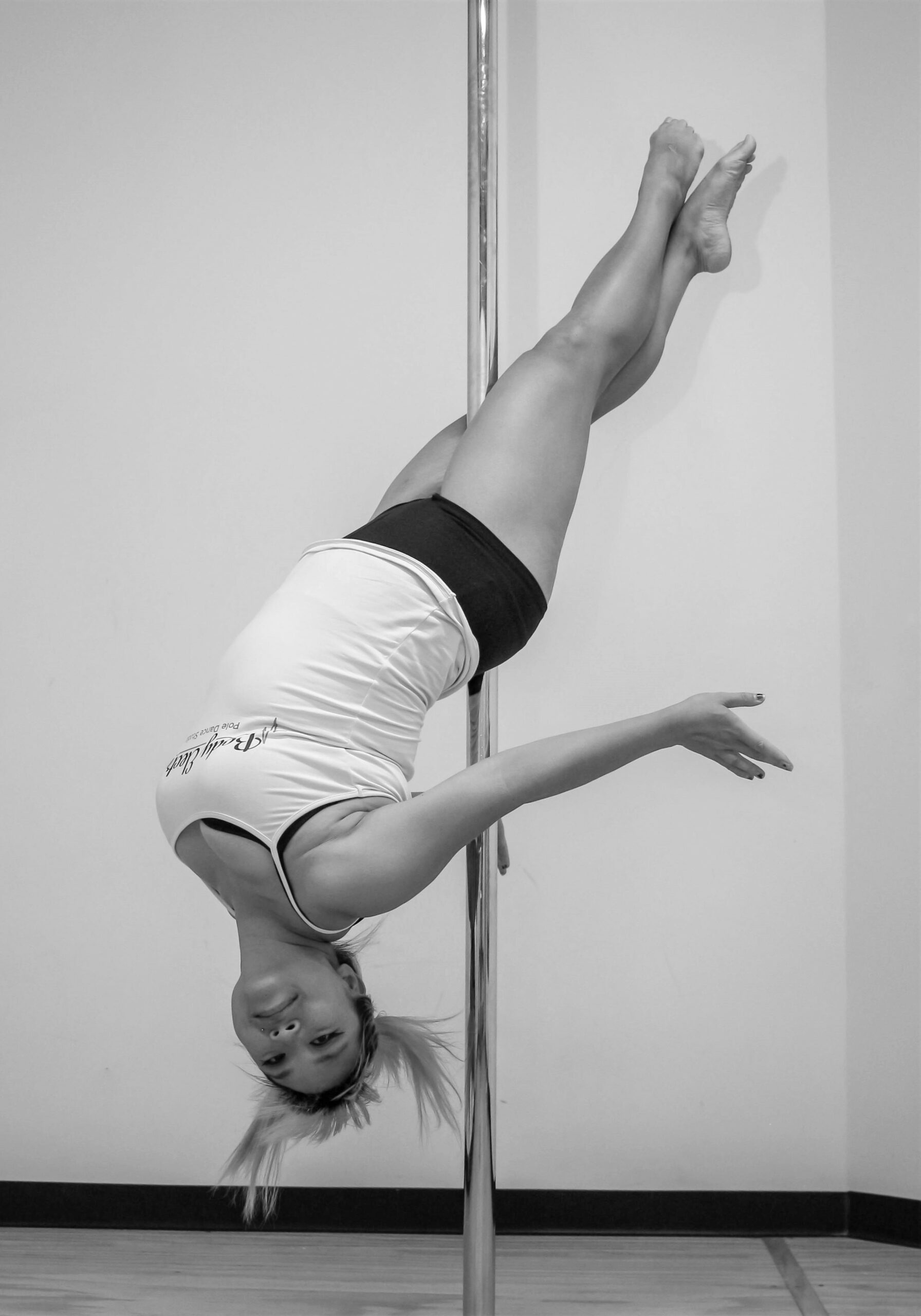
What is ‘Body Neutrality?’
Body neutrality is neither having strong feelings against or for one’s body
Rather than pushing against existing unrealistic beauty standards, body neutrality instead focuses on the idea that a person’s appearance has nothing to do with their worth as a human being. It rejects focusing on physical appearance and instead puts emphasis on the body’s function.
Body neutrality also acknowledges that individuals don’t always feel good about their bodies. Pressure on a person to feel positive about their body can be frustrating, especially as bodily changes can be due to factors beyond our control, such as ageing.
‘Body Positivity’ and ‘Body Neutrality’ are different, but not incompatible philosophies, and can be applied in the one context at the same time. Here are some examples of what the application of these approaches in our awesome studio might mean:
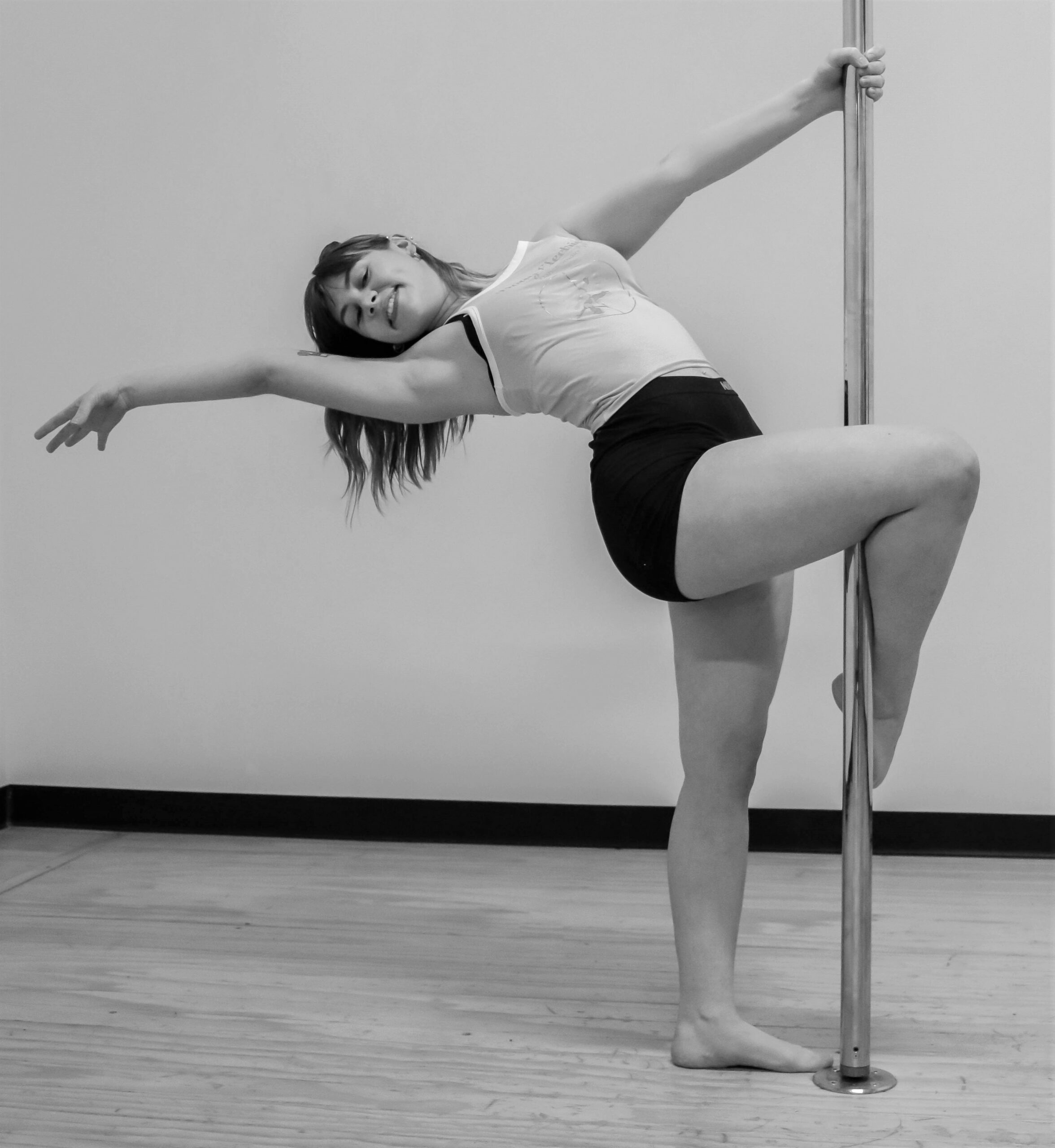
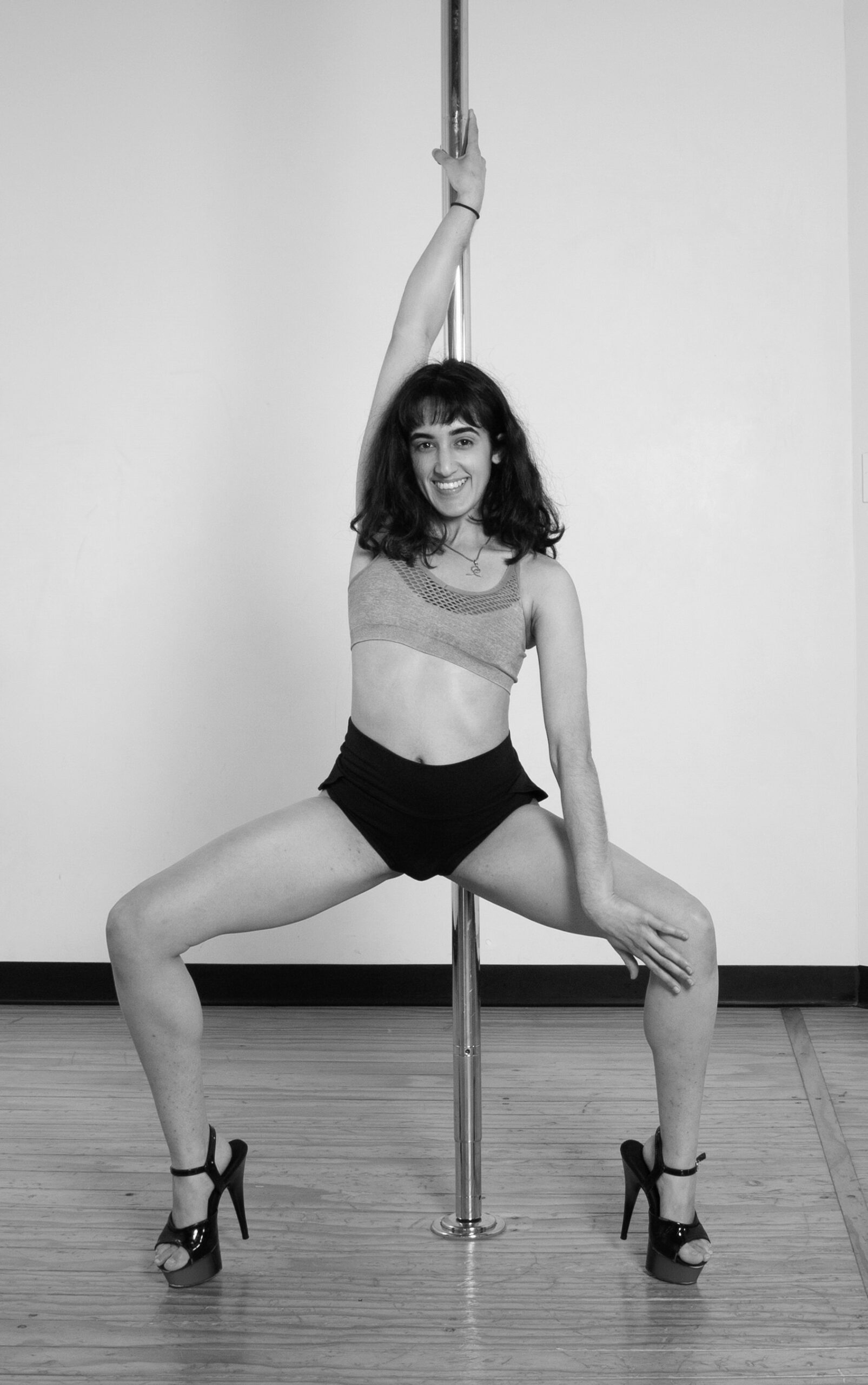
– Refraining from negative self/body talk (e.g. ‘my flexibility is terrible’, ‘I am so weak,’ ‘I look awful today,’ or any other negative references to size, weight, skin colour, texture etc…)
– Refraining from positive body talk, if opting for a ‘body neutral’ approach.
Instead, we can choose positive talk around what people’s bodies are allowing them to do, eg ‘Nice strong Layback,’ or ‘Your engagement is giving you such nice lines in that move!’
– Asking others to refrain, from body-negative talk, like diet and weight related discussions.
This can be very challenging, and we understand the difficulties of confronting someone about their harmful statements or comments or attitudes. But it is really worth it, despite the discomfort!
Please feel free to talk to instructors or studio owners, Giada and Maree, about what you might say in a given context in response to negative body talk.
It can often be as simple as calling out ‘No negative body talk! You are amazing, so shush!’
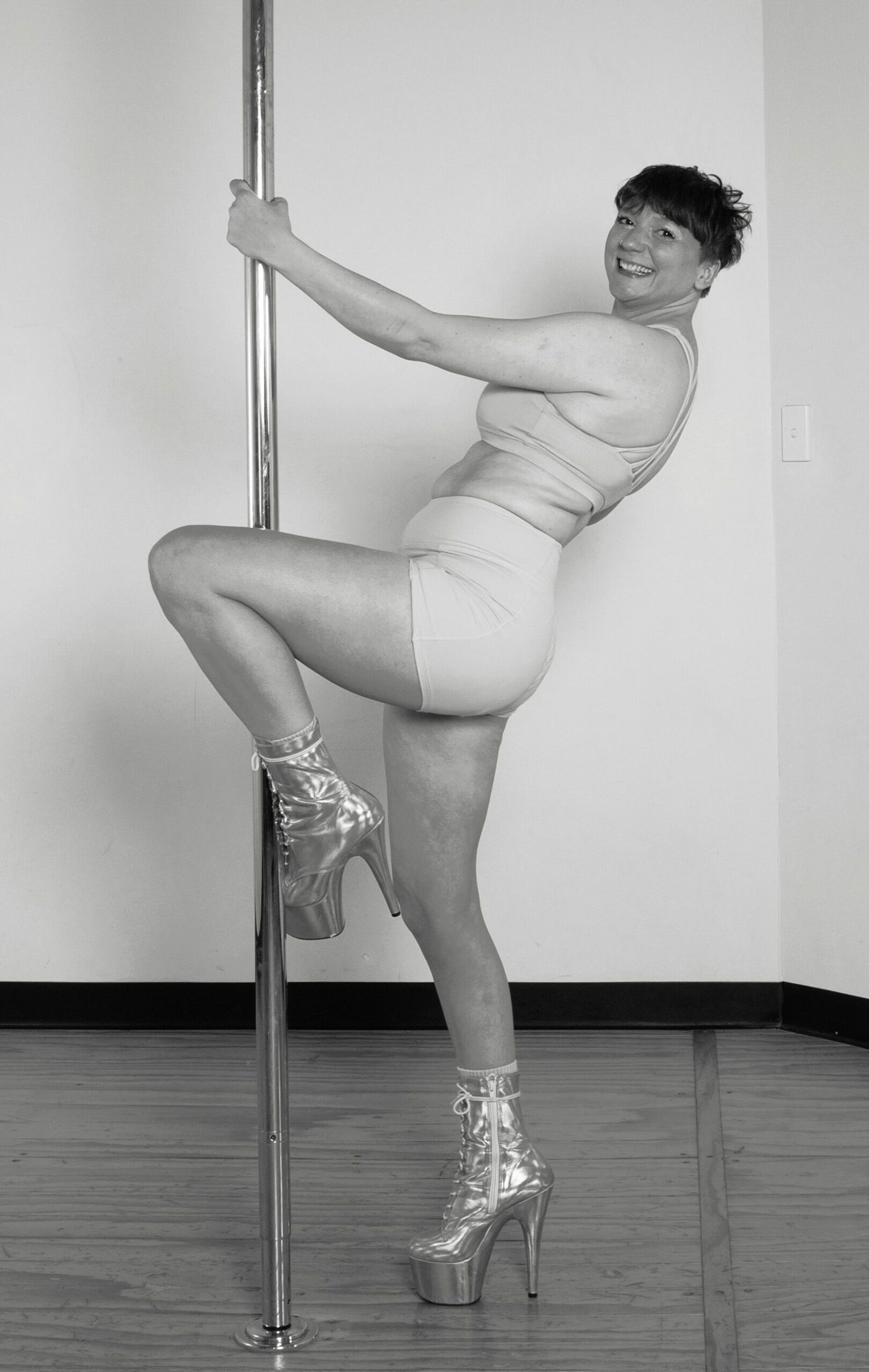
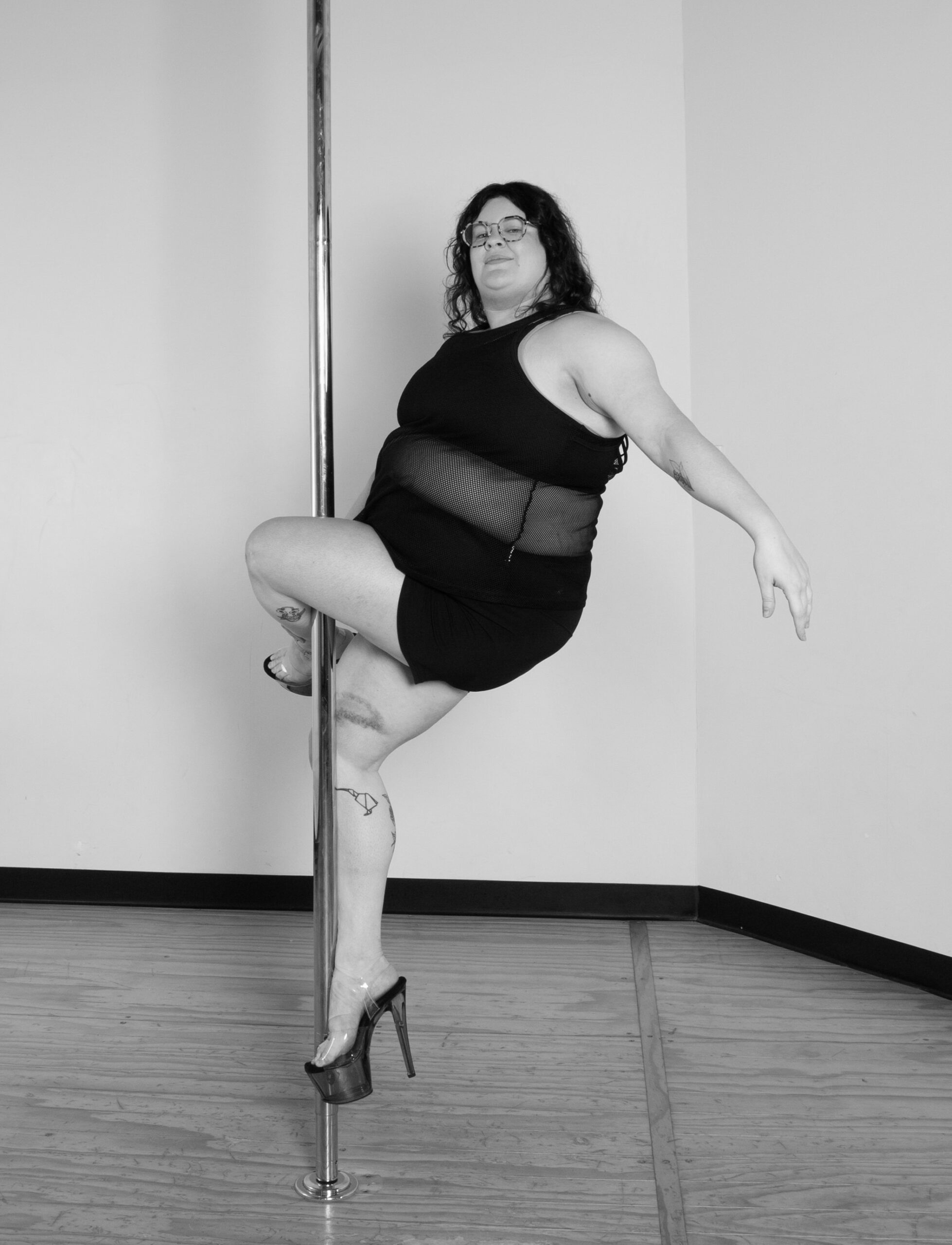
– Not making references to diet culture: e.g. referring to food as ‘good’ or ‘bad’ or ‘naughty’ or ‘treats,’ or talking about ‘cheat days’ or weight loss or gain, etc…
We know that weight loss diets don’t work. They are harmful. They make EVERYONE feel bad, and at Body Electric, we feel that we should all stop talking about them.
They negate both Body Positive and Body Neutral approaches, as they imply that some bodies are more worthy of time and energy than others, and they position body size and shape as more important than so many other things, including, for example. honouring hunger by eating, and celebrating the enjoyment of food!
– Not making fatphobic statements at all, ever. This is non-negotiable at Body Electric. We will absolutely not tolerate body-shaming in any way, shape or form.
In addition to this, we ask members of our studio community to try to avoid fatphobic and ageist reactions to people’s abilities.
Fat people and older people are SUPER strong, and SUPER flexible! Avoid expressing shock and amazement at their abilities, just because preconceived notions and internalised prejudices may have led you to believe people can’t do the splits or hold a handstand, simply because of their age or size.
We ask participants in our classes to please avoid telling fellow students things like ‘I can’t believe you can do that.’ It is not a compliment – it is more likely hurtful and damaging.
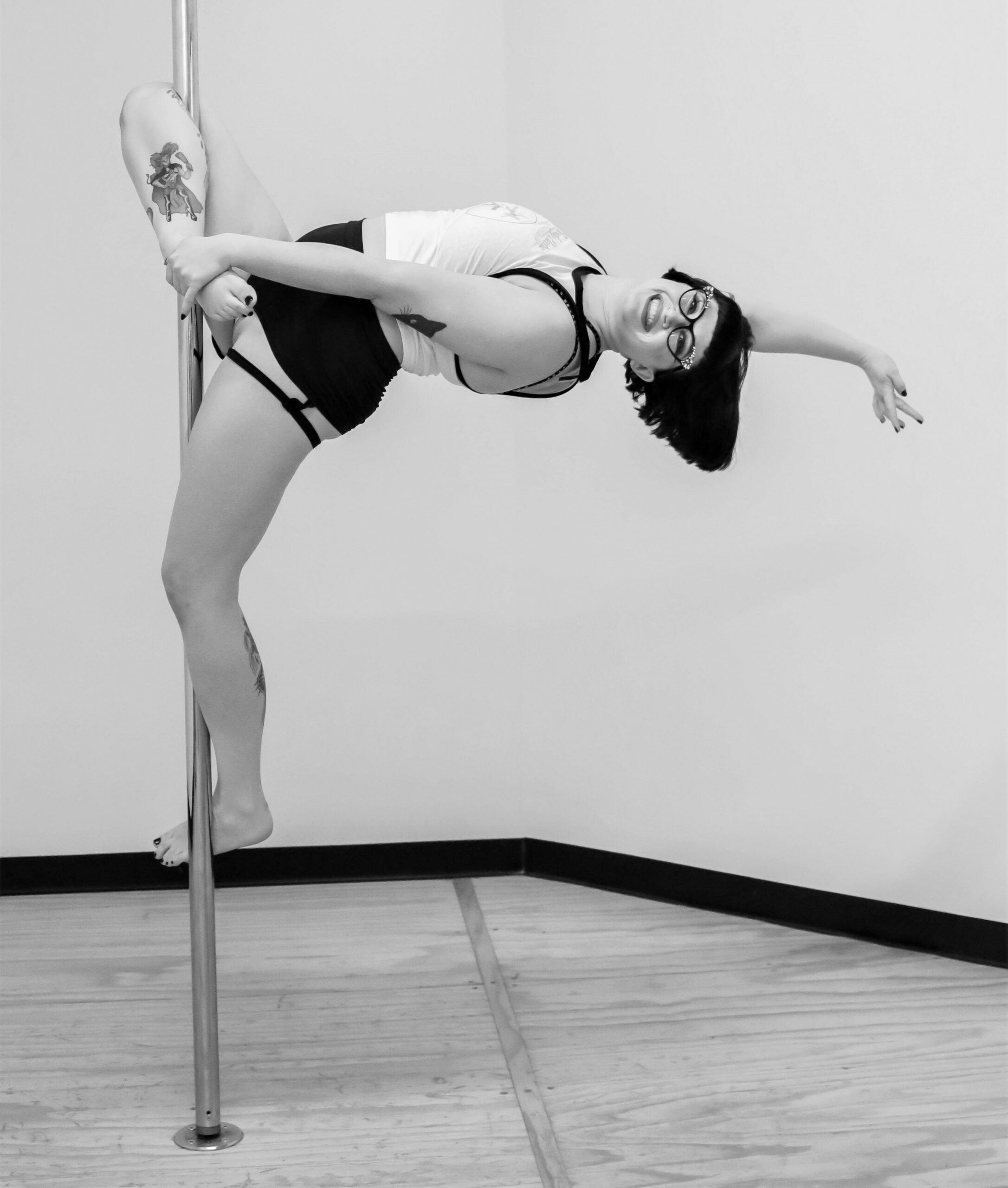
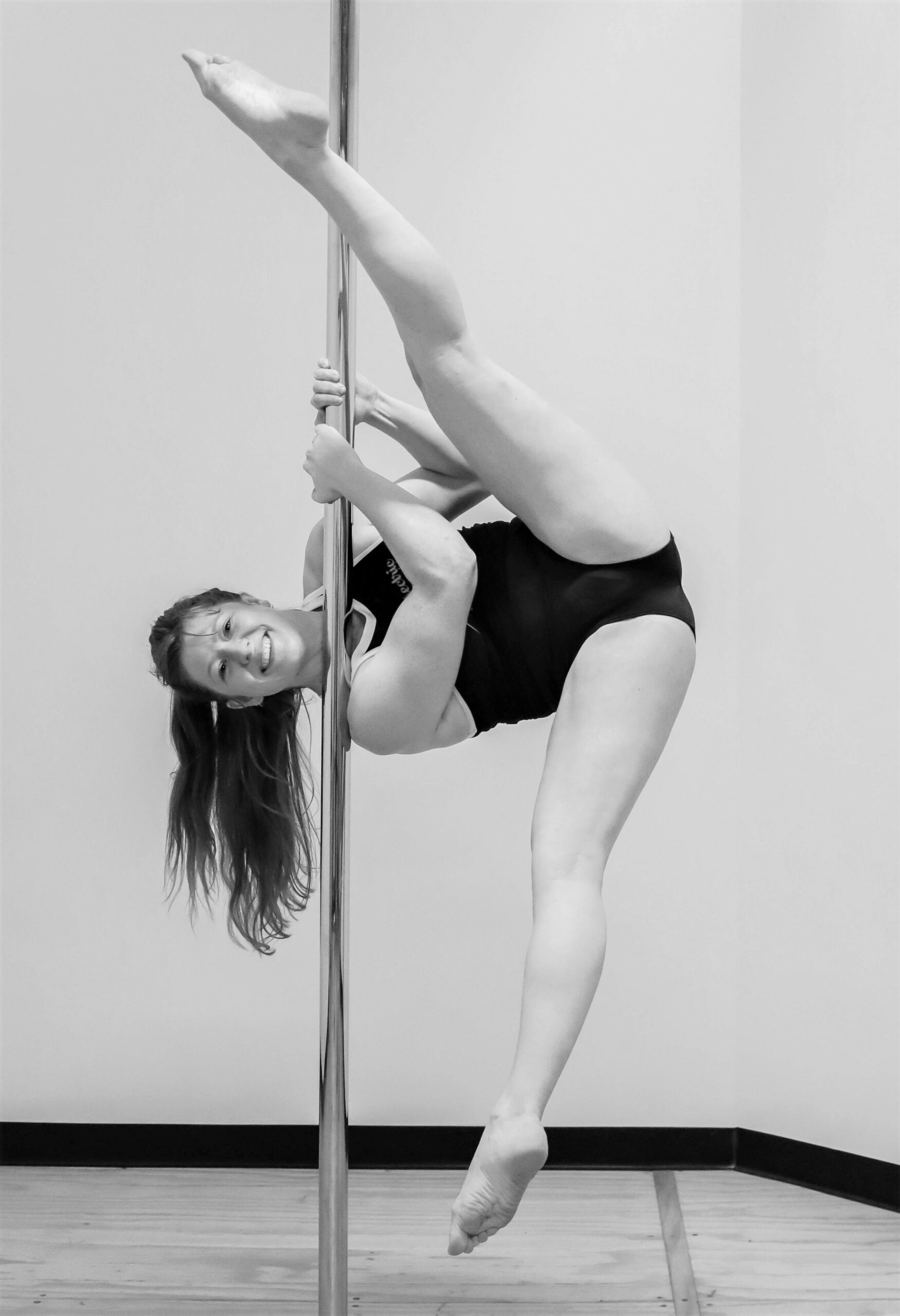
There is a lot to unpack here and consider. Please know that we are not asking anyone to police themselves in a heavy-handed, bullish way.
We are asking that we all consider these approaches, remembering that our aim at Body Electric is to serve all bodies with dignity and respect, and provide a space that is safe, inclusive and welcoming for all.
At Body Electric we are always happy to chat to students about matters of concern to them. This is our job, and we do it knowing that we are working towards making our studio a joyful and happy place.
We would ask anyone reading this post to be kind with themselves if they recognise themselves in any of the above behaviours and it doesn’t feel great.
Whether learning new pole moves, or just interacting with the people around us, everybody makes mistakes. The point is to learn from our mistakes, and be the best people we can be going forwards, both for ourselves, and the others around us.

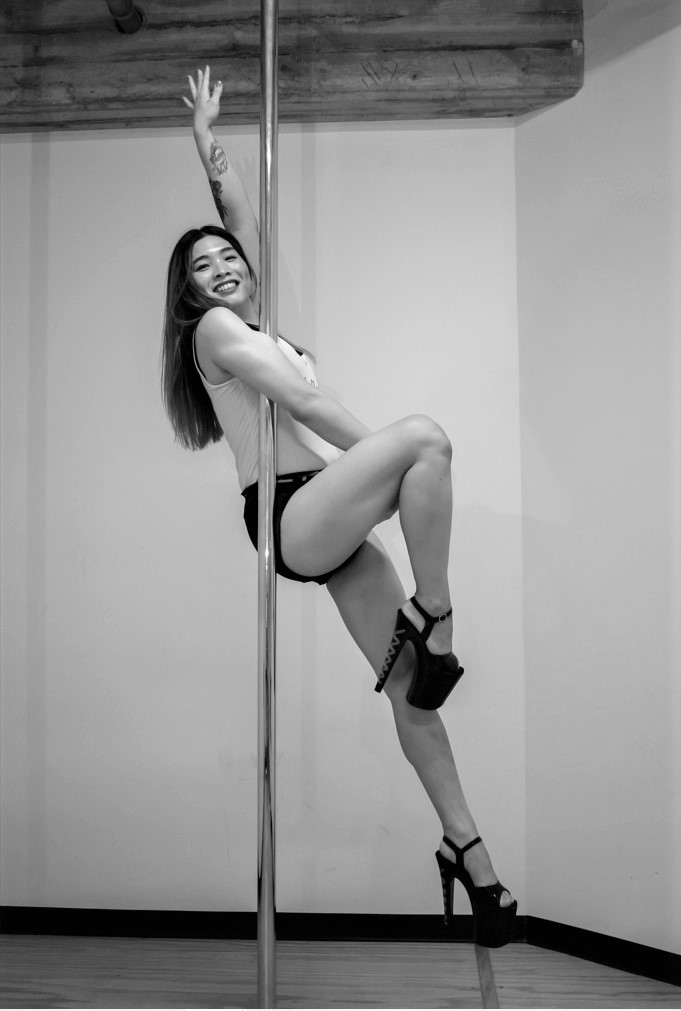
Further reading on the topic:
Click the links below as a starting point for further reading on this topic. We hope you find these articles on Body Positivity and Body Neutrality useful!
On Body Positivity –
“What to know about the body positivity movement”
On Body Neutralilty –
“What’s the Difference Between Body Positivity and Body Neutrality?”
